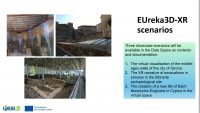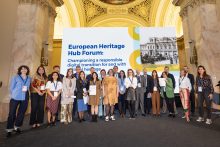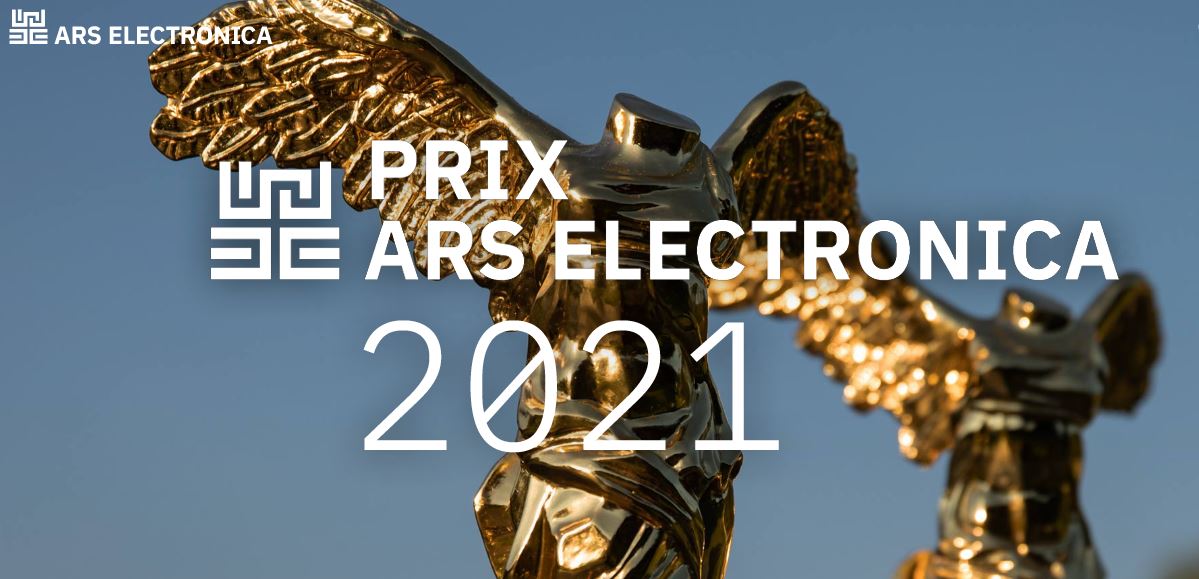 The Prix Ars Electronica is the world’s most time-honored media arts competition. Winners are eligible for the coveted Golden Nica awards and monetary prizes of up to 10,000 Euros in each category. They will also be featured at the Ars Electronica Festival from September 8 to 12, 2021! Participation in the Prix Ars Electronica is free of charge and takes place exclusively online. A submission is only valid for participation in the competition if it has been submitted online and also finally completed online. As soon as all documents have been submitted in full, a confirmation of participation will be sent by e-mail.
The Prix Ars Electronica is the world’s most time-honored media arts competition. Winners are eligible for the coveted Golden Nica awards and monetary prizes of up to 10,000 Euros in each category. They will also be featured at the Ars Electronica Festival from September 8 to 12, 2021! Participation in the Prix Ars Electronica is free of charge and takes place exclusively online. A submission is only valid for participation in the competition if it has been submitted online and also finally completed online. As soon as all documents have been submitted in full, a confirmation of participation will be sent by e-mail.
The 2021 categories follow:
Computer Animation
Artificial Intelligence and Life Art
Digital Music and Sounds Art
U19-Create your world
Schedule:
Submission Deadline: March 3, 2021
Jury Sessions: April 23 – 25, 2021
Notification: Winners of Golden Nicas, Awards of Distinction and Honorary Mentions will be notified before end of May, 2021 (Ars Electronica only notificate in case the project is selected for the prize).
Awards Ceremony: The Prix Ars Electronica ceremony will take place during the Ars Electronica Festival (September 8-12, 2021). Winners of Golden Nicas and Awards of Distinction must make a commitment to accepting their awards in person and to presenting their works at the Prix Ars Electronica Forum, an artist symposium. Groups and institutions are requested to nominate a representative to fulfill this commitment. As guests of Ars Electronica, winners will receive complementary hotel and economy class airline tickets for their trip to Linz. (Due to the COVID-19 situation, changes may occur in this regard.)
Email contact: prix@ars.electronica.art
Read more about the open call here
Submission webpage
-
Join the
Digital Meets Culture
Newsletter! -
Join the
Digital Meets Culture
Open Newsroom! If you have interesting news and events to point out in the field of digital cultural heritage, we are waiting for your contribution.
If you have interesting news and events to point out in the field of digital cultural heritage, we are waiting for your contribution.
-
Free text
-
-
Upcoming events
-
 Siena (Italy), 8-13 September 2025
Siena (Italy), 8-13 September 2025 As the leading global event on digital technology for documenting, conserving, and sharing heritage—from landscapes and monuments to museums, collections, and intangible traditions—the Digital Heritage International Congress offers a unified stage for major world conferences, workshops, and exhibitions. … Continue reading →
 online on 22-23 July 2025. The deadline for proposals is 31 March 2025.
online on 22-23 July 2025. The deadline for proposals is 31 March 2025.The Museum Digital Summit will take place online 22-23 July 2025. MuseumNext is a global conference series on the future of museums. Over the past 12 months the events have brought together more than 20,000 museum professionals for their … Continue reading →



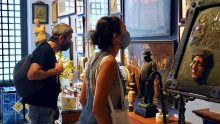

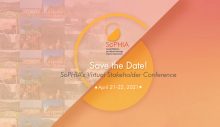
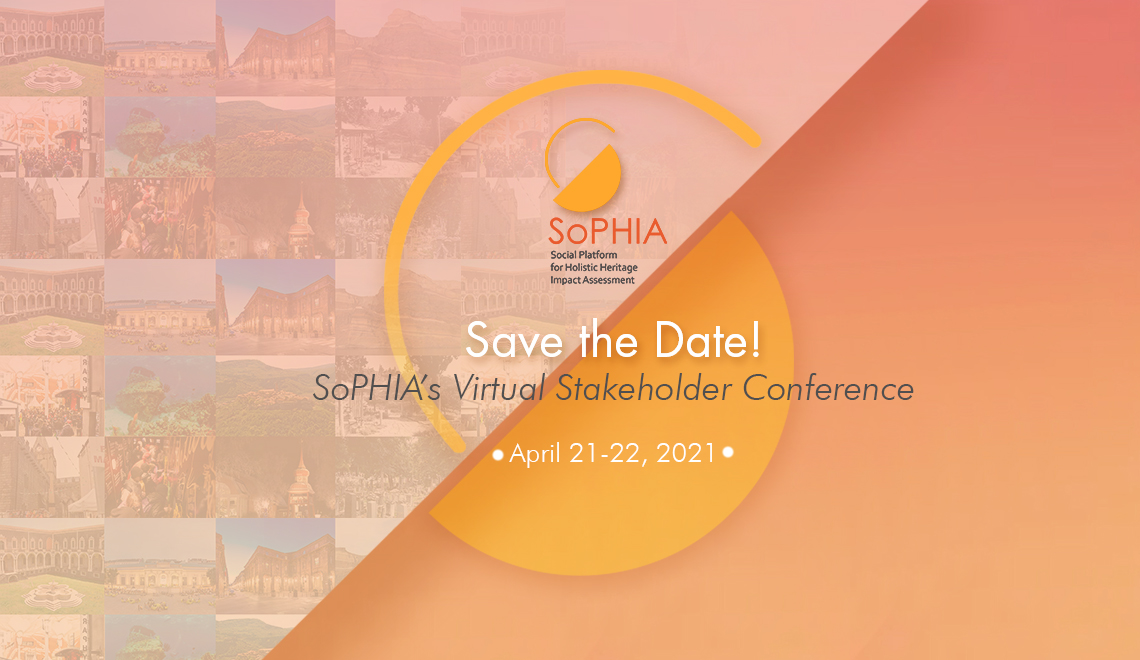 The SoPHIA Platform for Holistic Heritage Impact Assessment is happy to announce a two-day conference which will bring together a diverse group of stakeholders to review interventions in Europe’s urban heritage, through keynotes, thematic sessions, workshops, and artistic interventions. The meeting will offer the occasion to establish a collective reflection on the diverse impact of cultural heritage and to gather feedbacks and inputs on the Holistic Heritage Impact Assessment Model developed under the Horizon 2020 funded SoPHIA project.
The SoPHIA Platform for Holistic Heritage Impact Assessment is happy to announce a two-day conference which will bring together a diverse group of stakeholders to review interventions in Europe’s urban heritage, through keynotes, thematic sessions, workshops, and artistic interventions. The meeting will offer the occasion to establish a collective reflection on the diverse impact of cultural heritage and to gather feedbacks and inputs on the Holistic Heritage Impact Assessment Model developed under the Horizon 2020 funded SoPHIA project.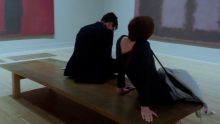
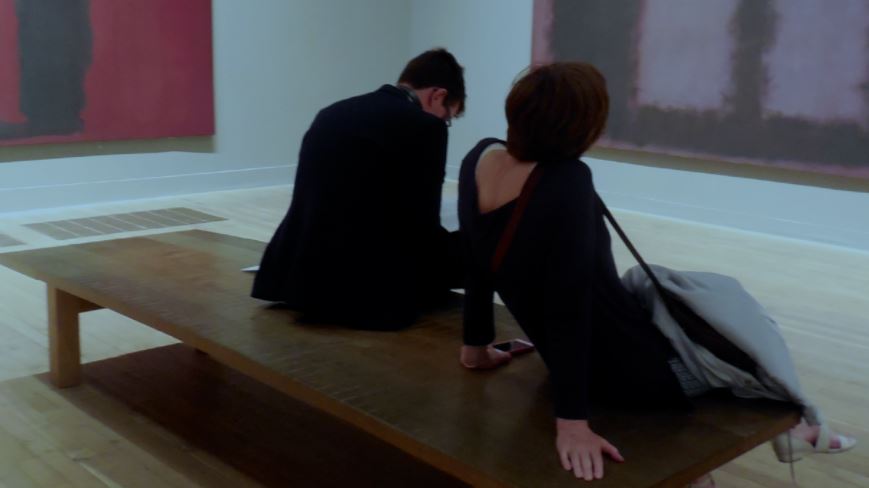 This new report explores how emotions influence the design and understanding of museums and offers suggestions of how museums should make use of the “emotional effect” to create greater impact and memorable experiences. Emotion are considered a pre-condition for learning: in this perspective, the report highlights the importance for Museums to facilitate emotional experiences and to foster empathy to better connect with visitors.
This new report explores how emotions influence the design and understanding of museums and offers suggestions of how museums should make use of the “emotional effect” to create greater impact and memorable experiences. Emotion are considered a pre-condition for learning: in this perspective, the report highlights the importance for Museums to facilitate emotional experiences and to foster empathy to better connect with visitors.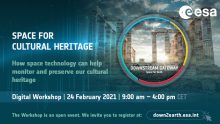
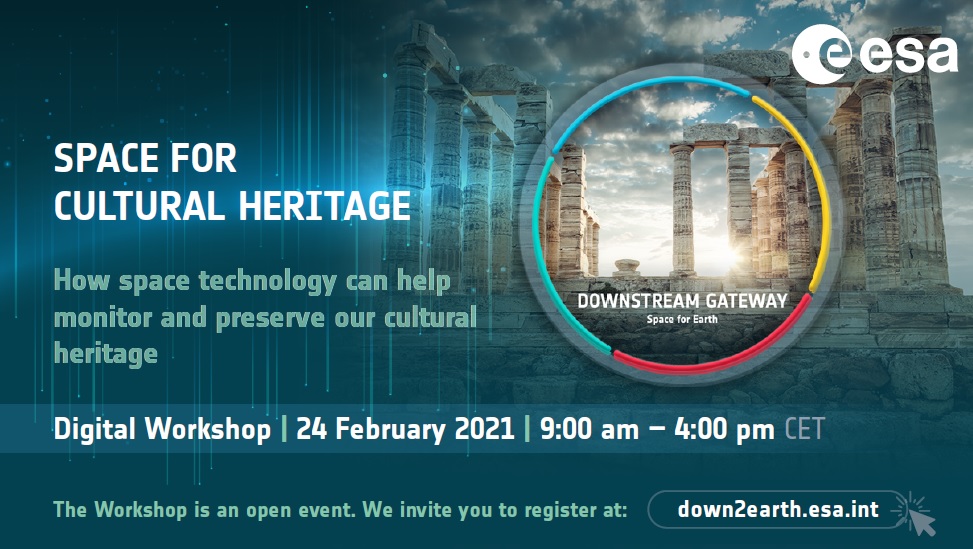

 “Societal Impacts of Culture: A transitional Perspective”: this is the titled of the 1st international workshop that was held online by MESOC, the H2020 sister project of UNCHARTED. The meeting provided the opportunity to discuss with experts and stakeholders the role of culture in urban change, as well as methodological and operational approaches needed to support social impacts assessment and evaluation.
“Societal Impacts of Culture: A transitional Perspective”: this is the titled of the 1st international workshop that was held online by MESOC, the H2020 sister project of UNCHARTED. The meeting provided the opportunity to discuss with experts and stakeholders the role of culture in urban change, as well as methodological and operational approaches needed to support social impacts assessment and evaluation.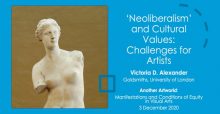
 On 3rd December 2020,
On 3rd December 2020, 
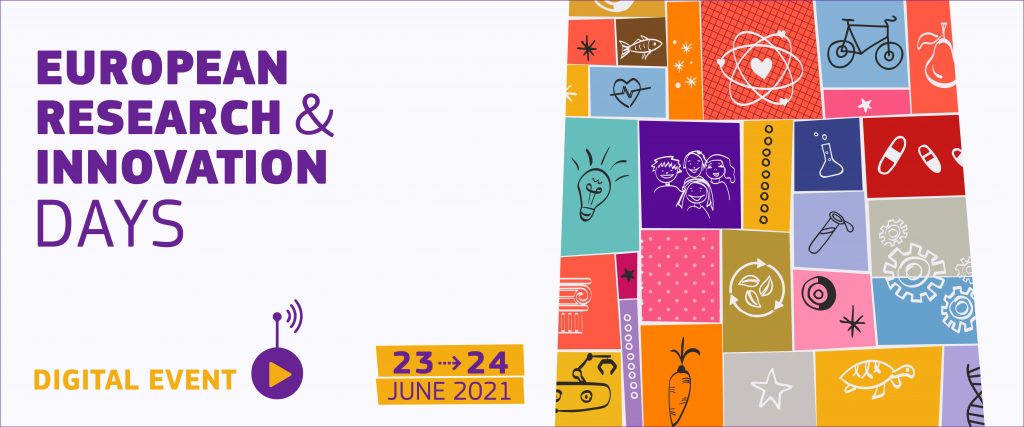
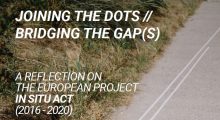
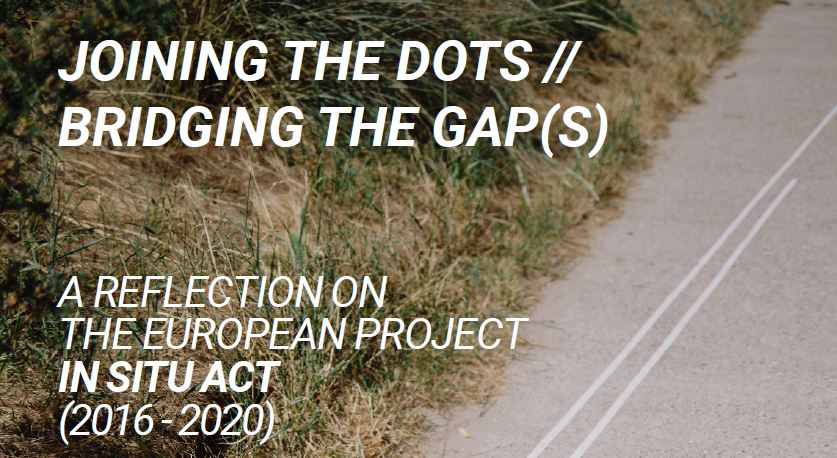
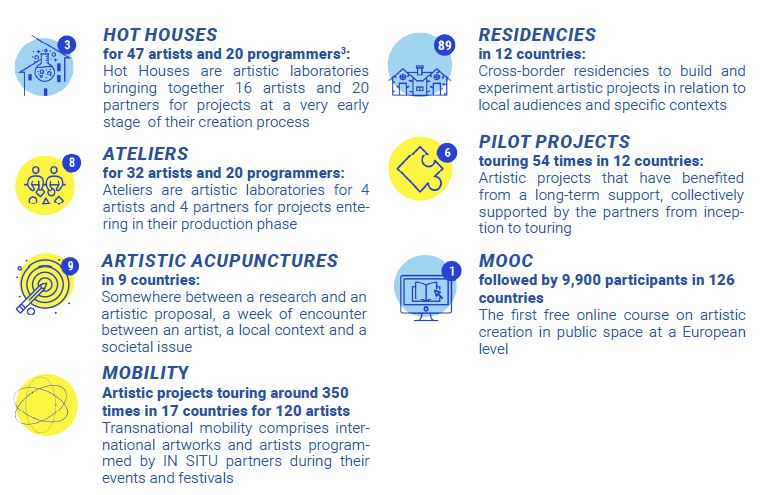
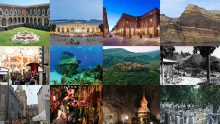
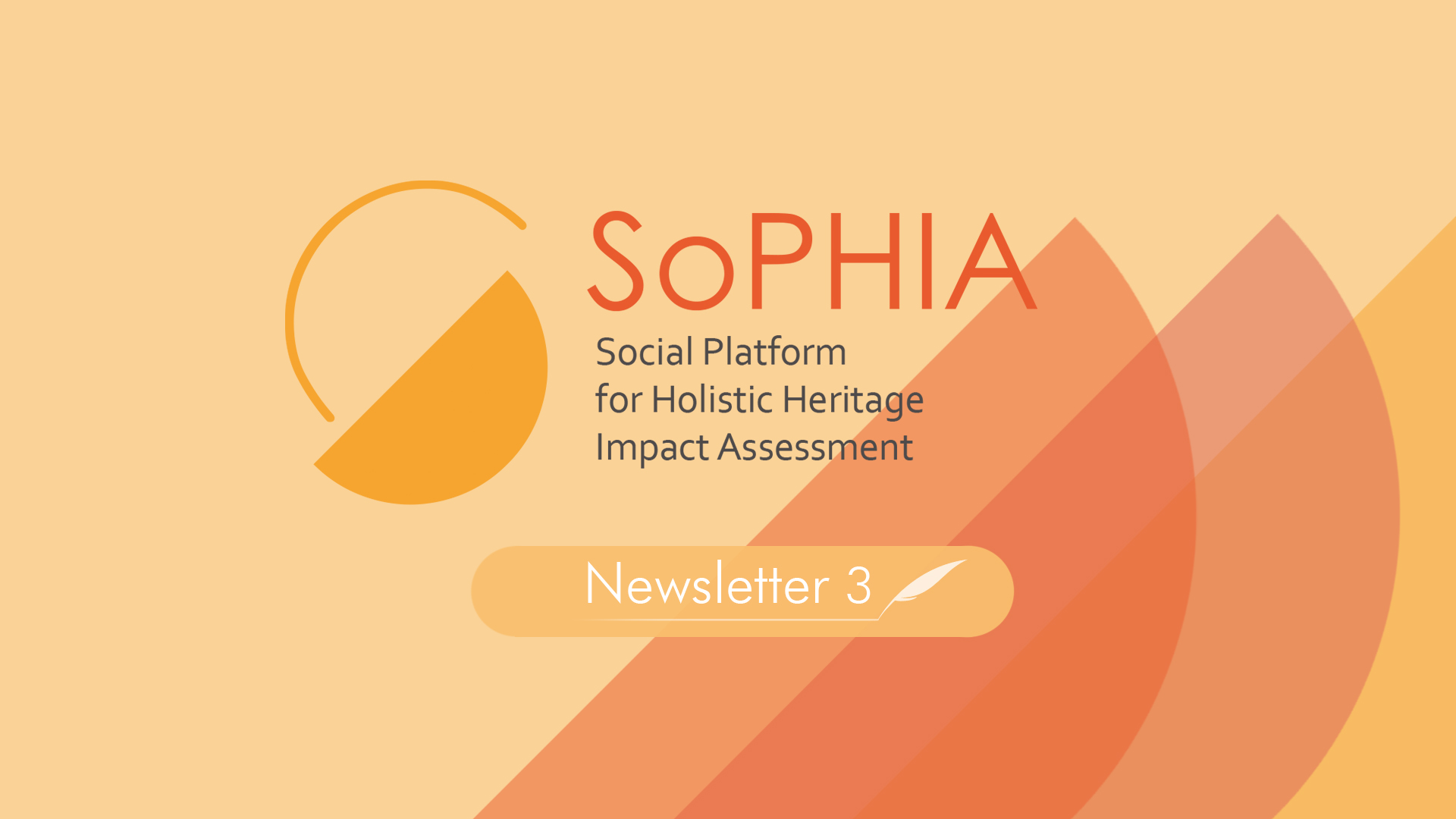 SoPHIA – Social Platform for Holistic Impact Heritage Assessment aims to promote collective reflection within the cultural and political sector in Europe, on the impact assessment and quality of interventions in European historical environment and cultural heritage at urban level, which would ensure a balanced approach to measuring their ‘success’ and contributions to our sustainable future. With the constant active participation of the social platform, SoPHIA´s work is organized around four main analytical dimensions – social, cultural, economic and environmental impact – which constitute perspectives to identify the most important challenges and opportunities linked to cultural heritage interventions in Europe.
SoPHIA – Social Platform for Holistic Impact Heritage Assessment aims to promote collective reflection within the cultural and political sector in Europe, on the impact assessment and quality of interventions in European historical environment and cultural heritage at urban level, which would ensure a balanced approach to measuring their ‘success’ and contributions to our sustainable future. With the constant active participation of the social platform, SoPHIA´s work is organized around four main analytical dimensions – social, cultural, economic and environmental impact – which constitute perspectives to identify the most important challenges and opportunities linked to cultural heritage interventions in Europe.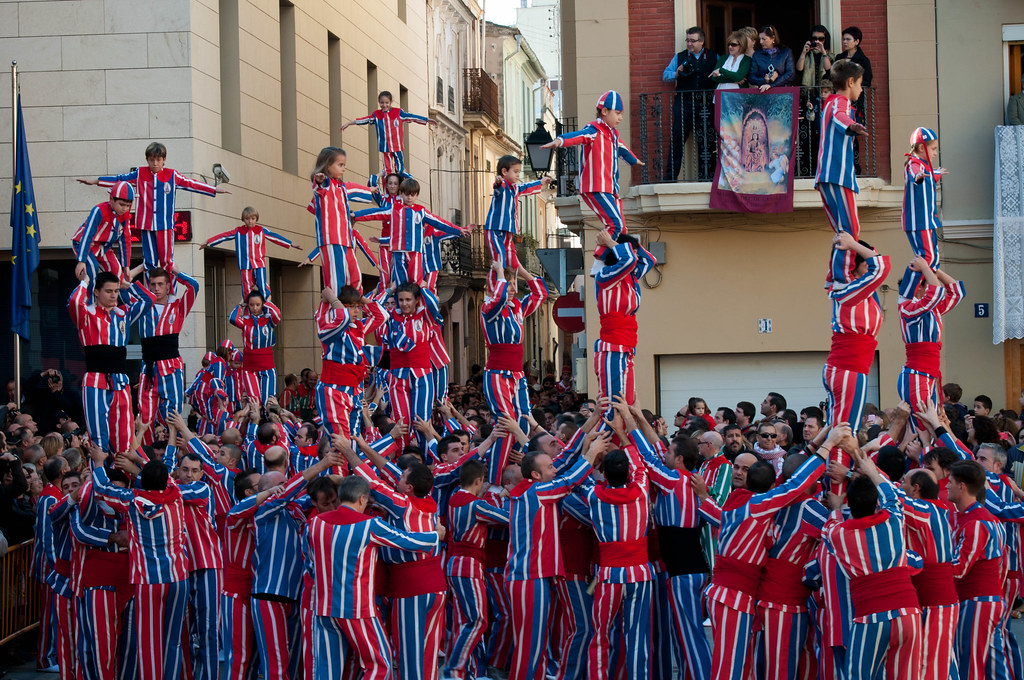 The first new of the Newsletter 3 is about the publication of
The first new of the Newsletter 3 is about the publication of 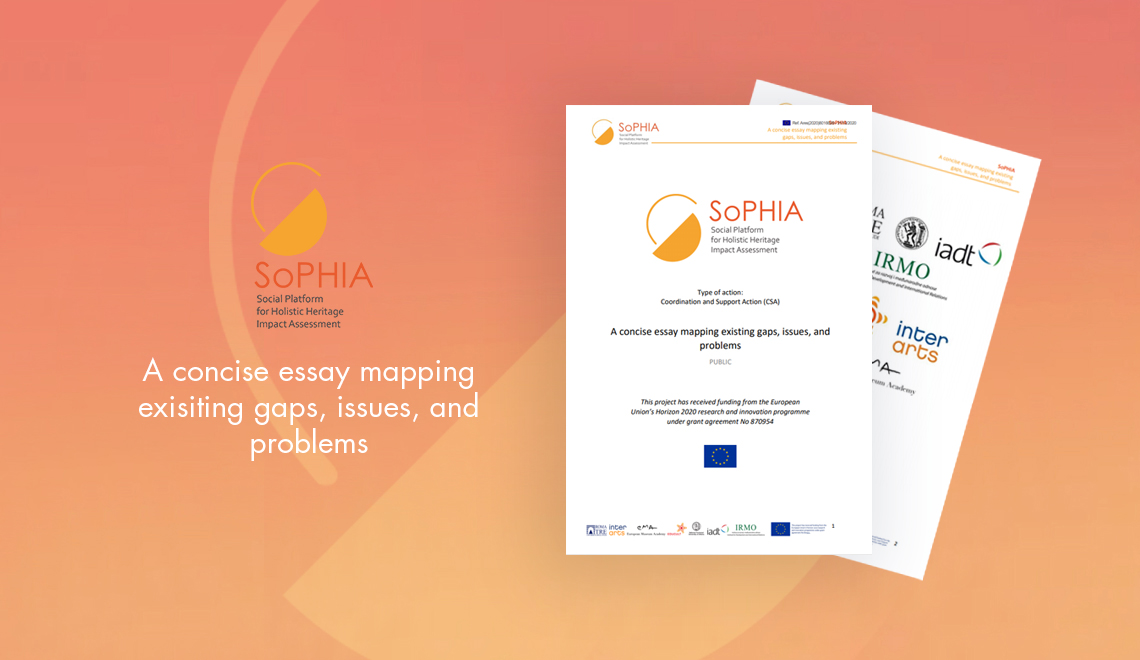 The second new is about the literature review on the Impact of Cultural Heritage on Society. Within the SoPHIA project, the broad scope of the academic and policy literature available have been examined, indicating its relevance, complex character and delicacy. The review highlights that there are many limitations to the effectiveness of Social Impact Assessment and the management of social issues in projects, such as corruption, rent seeking, elite capture, speculation and opportunistic behaviour are difficult to manage. The social domain within the
The second new is about the literature review on the Impact of Cultural Heritage on Society. Within the SoPHIA project, the broad scope of the academic and policy literature available have been examined, indicating its relevance, complex character and delicacy. The review highlights that there are many limitations to the effectiveness of Social Impact Assessment and the management of social issues in projects, such as corruption, rent seeking, elite capture, speculation and opportunistic behaviour are difficult to manage. The social domain within the 


























